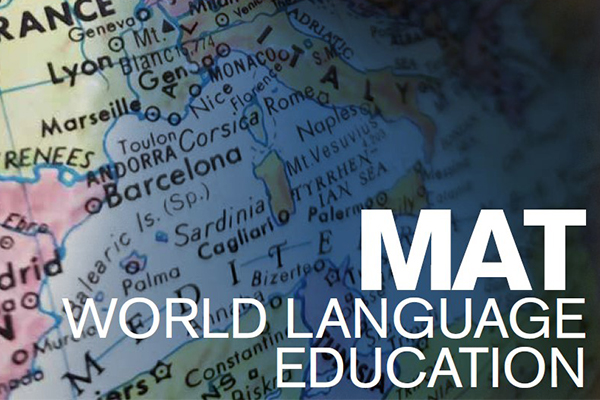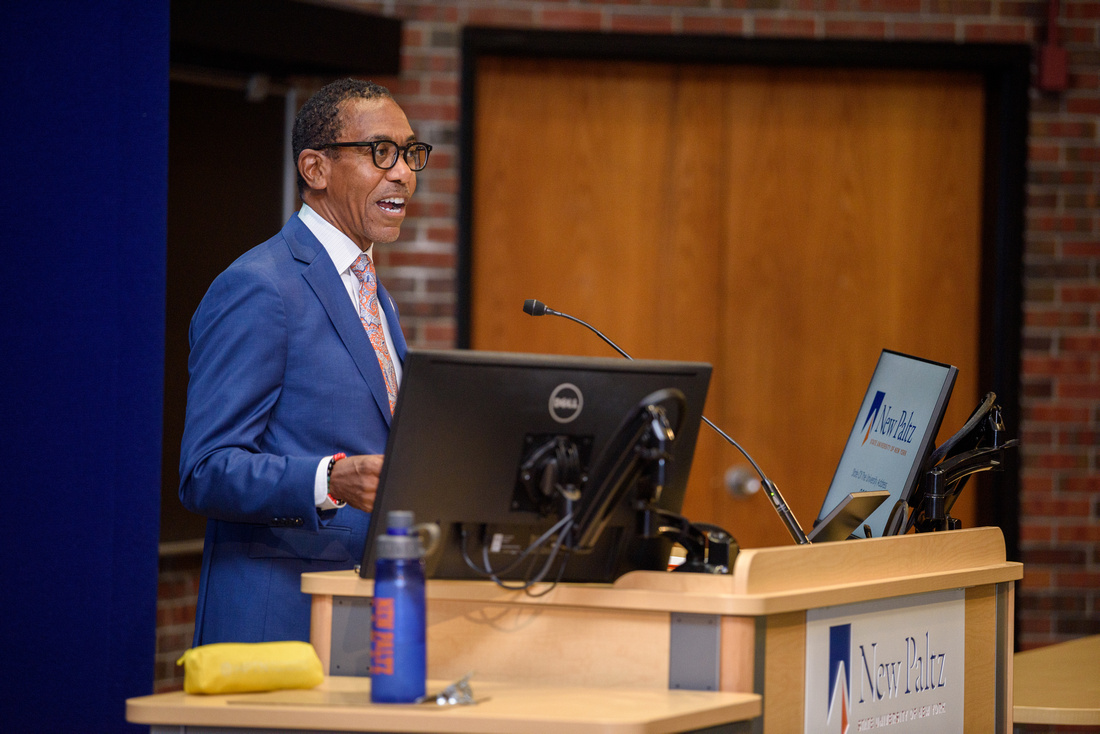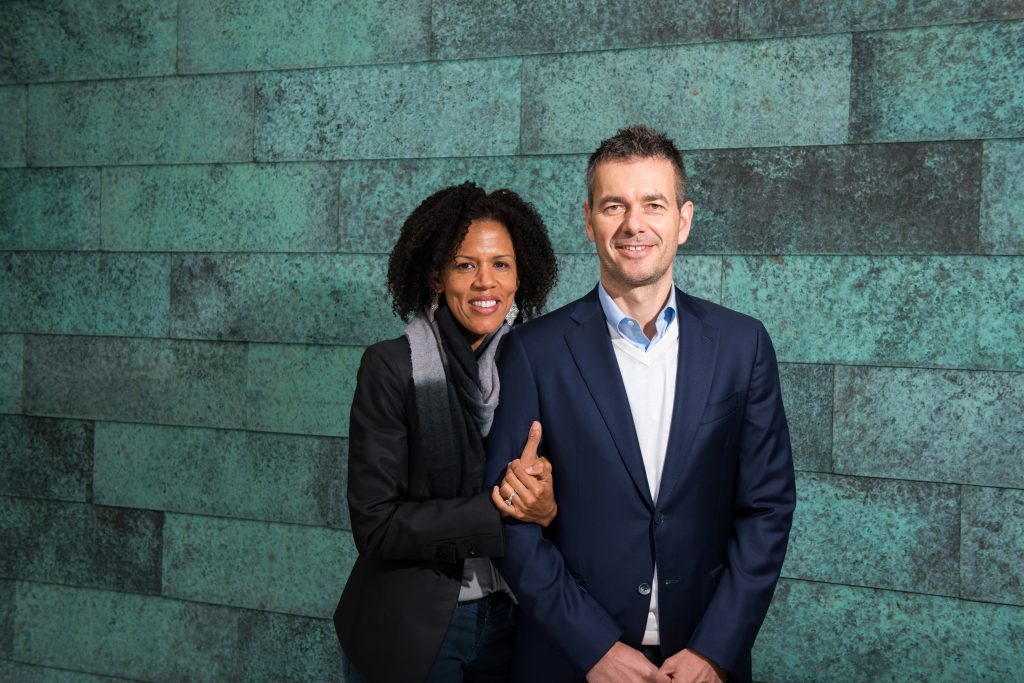Prepare for a Career in Special Education
School of Education

Teachers enter a special education career because they are motivated to help students overcome difficult challenges. It’s a rewarding field that allows educators to have a significant, positive impact on the lives of their students.
For a job that offers such a high degree of emotionally fulfilling and meaningful work, special education professionals are also in high demand. Driven by higher school enrollment and a growing need for special education services, employment of special education teachers is expected to increase at all education levels in the coming decade.
By earning a Master of Science in Special Education, teachers learn creative instructional practices that nurture academic and behavioral gains in their students. The program helps teachers excel in one of the most important and challenging jobs in education.
Who Should Earn a Special Education Degree?
Special education involves teaching children and adults with varying degrees of learning abilities. Success in a special education career requires specialized skills, a deep well of patience, and strong commitment to seeing the strengths in each and every student.
Most people entering a graduate-level special education program consider it as much a calling as it is a career. While the focus is improving the lives of children, the field also offers many benefits for teachers.
Empowering Students
Every student deserves an engaged, well-trained teacher, none more so than special education students. These students benefit greatly from working with educators who are prepared to give them the compassionate attention that may have been lacking in past teachers. Special education teachers give students the tools they need to understand their own learning style, something that benefits them for a lifetime.
Becoming an Advocate
Special education teachers make a difference beyond the classroom. With their expertise and experience, they can become ambassadors to education administrators and the larger community, advocating for the rights of students who may not be able to effectively advocate for themselves. Special education teachers can also collaborate with other teachers, therapists, and counselors in creating holistic approaches to best meet the needs of special education students.
Career Stability
The U.S. Bureau of Labor Statistics (BLS) projects a 4% increase among all special education teachers nationwide by 2031. Special education teachers with graduate degrees can also pursue a career in school administration or the non-profit sector. New York offers some of the highest average salaries in the country at the elementary level ($83,250), middle school ($97,860), and high school ($87,520) levels.
Personal Fulfillment
Many teachers consider special education to be among the most challenging careers in education, but also one of the most rewarding. Effective teachers not only develop high-quality lesson plans, but also manage students’ emotional well-being and behavioral issues. The magic for special education teachers is the deeply rewarding moment when a student makes a breakthrough.
The SUNY New Paltz Special Education Program
The graduate programs in Special Education are guided by the belief that all individuals possess intellectual, social, emotional and physical strengths that enable them to function in and contribute to their families and society as a whole. We prepare compassionate teachers to recognize these strengths in each and every student and help them develop to their greatest ability in inclusive classrooms.
The SUNY New Paltz Master of Science in Special Education program offers three pathways to rewarding careers at different educational levels:
- Early Childhood/Childhood Special Education (Birth-Grade 6). Teachers with a New York State Initial Certification in Early Childhood Education (B-2) or Childhood Education (1-6) complete 38 credit hours of coursework. After they complete the program, teachers are eligible for the New York State Education Department's initial certification in Early Childhood Special Education B-2 and Childhood Special Education 1-6.
- Childhood Special Education (Grades 1-6). Teachers with a New York State Initial Certification in Childhood Education 1-6 complete 32 credit hours of coursework. After graduation, teachers are eligible for the New York State Education Department's initial certification in Students with Disabilities (SWD), grades 1-6 (Initial/Professional and Professional).
- Adolescence (Grades 7-12). The Adolescence Special Education Program consists of at least 32 credit hours and leads to the Students with Disabilities Generalist 7-12 certificate. This New York State certificate requires that candidates have six credit hours in English, social studies, science, and math. Students without these credits must fulfill them before graduation from the master’s program.
Teacher candidates will learn from a faculty passionate about special education. The program focuses on evidence-based practices and data-driven decision-making, preparing teachers to help diverse students of varying needs at all educational levels.
Our program is guided by six core values and commitments:
Students in the program learn about specialized support and accommodations for students with learning disabilities, and a universal design for learning that offers multiple means of representation, expression, and engagement. Teachers learn differentiated methods, culturally responsive practices, and how to respond to individual learning styles, all while maintaining the dignity of every student.
New Paltz News
@Sunynewpaltz
![]()



